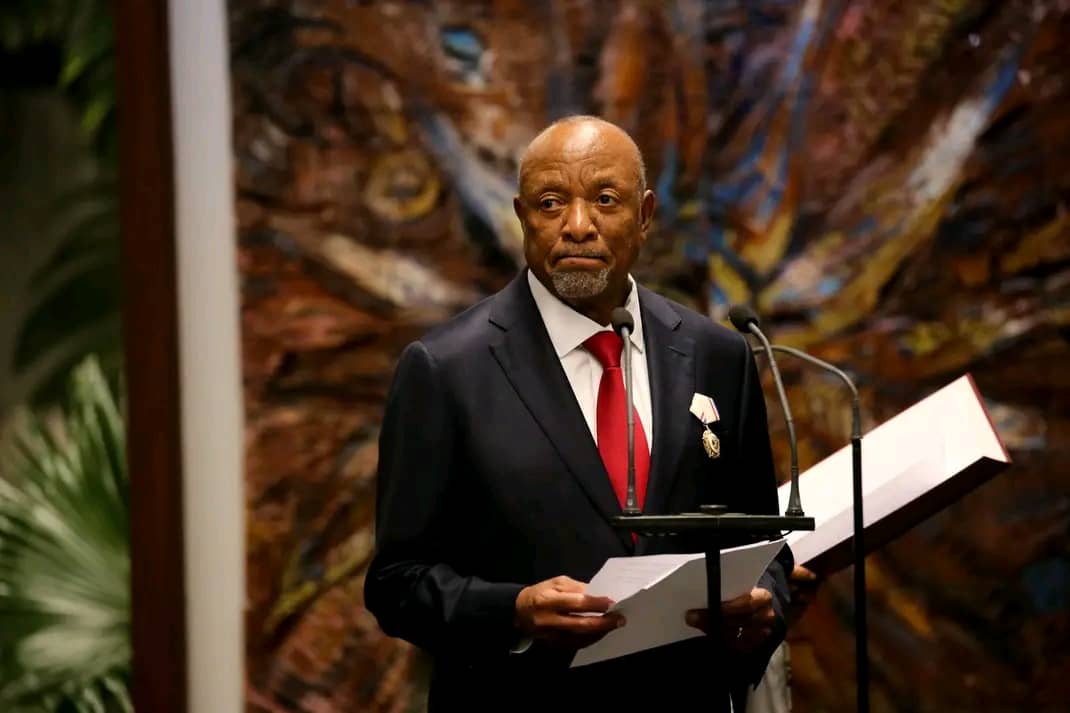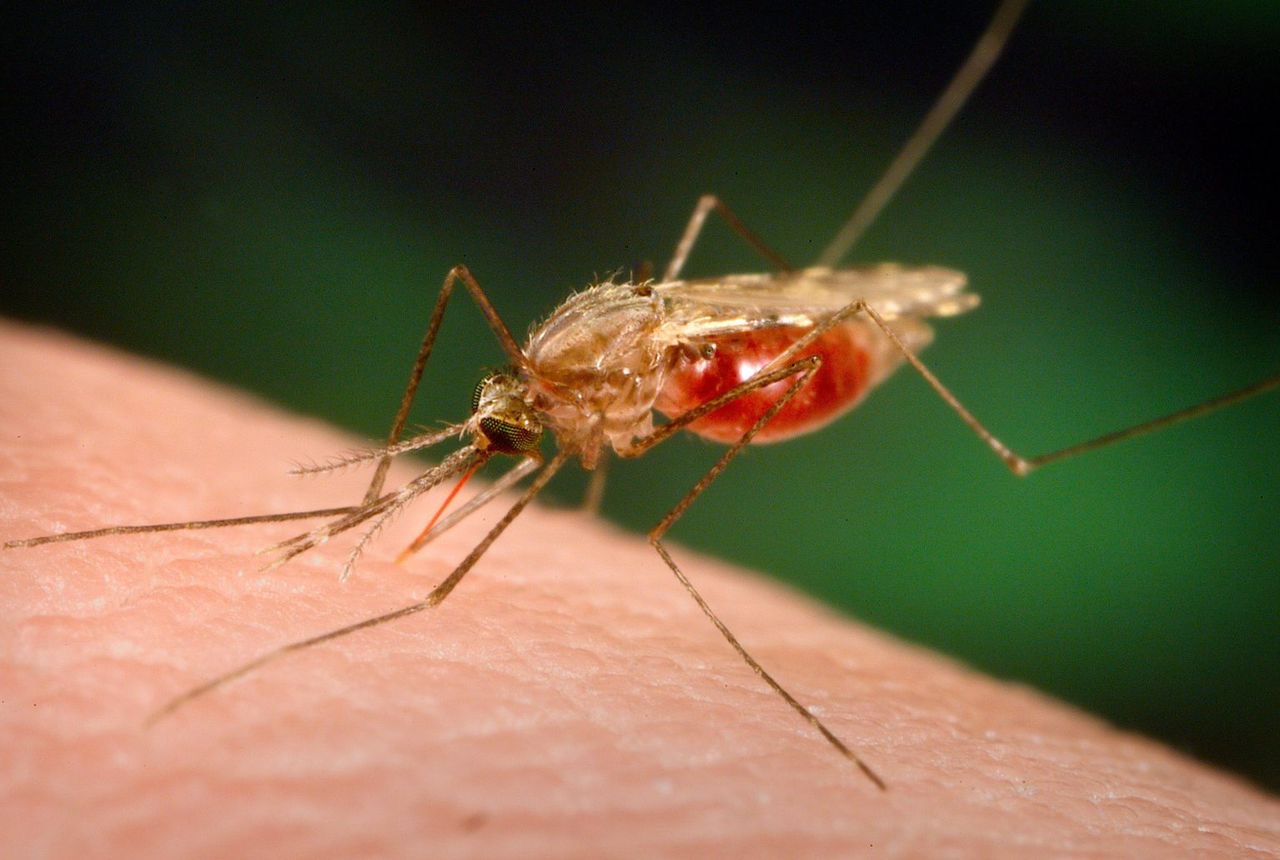Annelize Pieterse’s life was transformed when she lost her hearing, but the traumatic experience has not stopped her from achieving her dreams.
Pieterse (47), a Windhoek-based financial manager, lost her hearing at the age of 21, she told The Namibian recently.
Despite losing her hearing in 1997, she plays the piano sometimes, even performs in public.
“I still play piano all the time, and am trying to improve my skills to be able to play in an orchestra. I also occasionally play in public when I can, but not as frequently as I would like, as my job and home life keep me quite busy,” she said.
THE STORM
It was when Pieterse was in her second year at the Randse Afrikaanse Universiteit (now known as University of Johannesburg) in South Africa that her life changed forever.
Pieterse recounts that about a year after she had a stomach virus, her hearing rapidly started to deteriorate.
“Going from specialist to specialist, audiologist test after test, high levels of cortisone treatment, but still I kept losing my hearing,” Pieterse recalls of her 85 to 90% loss of hearing at the time.
“I stopped going to class and relied only on self-studying, communicating only with my family and my closest friends.”
The devastation at such a pivotal stage of her life knocked her down, she said.
She was depressed and remembers waking up in the morning and seeing the sides of her mouth permanently turned downwards. “I felt like half a person. I just couldn’t stop crying.”
The impact of the loss hit her square in the face every minute of every day. She had to get over it or it would kill her, she said.
Despite all this, Pieterse still made it through her third year, having failed two subjects.
HAVING FAITH
At a service at a local Afrikaans church attended by students, Pieterse recalls that the Lord spoke to her, clearly telling her to remember who she was. Her faith progressed during this time, and despite wearing normal hearing aids, she kept on losing the little hearing she had left.
After seeing almost every ear, nose and throat specialist in Gauteng, Pieterse was told there was nothing that could be done and that she would likely be completely deaf in the next couple of weeks.
Her biggest fear was being deaf for the rest of her life with no knowledge or skills on how to cope with her disabilities.
When her grandmother heard about cochlear implants, Pieterse went for tests and discovered she was the ideal candidate.
She got her first implant in 1998 and her second in 2006.
Even though it took a few months for Pieterse to hear properly with these implants, as it generates sound through electrical impulses stimulation, with her piano background, she was able to get the sound pitch just right, and has over the years been able to perfect her ability in tuning/mapping, as they call it, she said.
GOING FORWARD
Her cochlear implants have allowed Pieterse to function normally in her daily life, with many people not even realising that she is hearing impaired.
“My hope for the future of deaf people in Namibia is that they would have resources, and should they be candidates to receive cochlear implants – have the knowledge and love of sound available to them,” she said.
Pieterse recommends that more awareness be created among the public concerning the deaf community.
“This community functions and has individuals just like in any normal hearing society. I don’t speak their language but have been able to communicate and get to know them,” she said.
“My advice for the deaf people in Namibia is not to be afraid of sound, and if you could qualify for a cochlear implant, go for it. It takes time and effort to hear with it, but you have your own volume control that can adjust to the sound at your own pace. I believe nine out of 10 hearing people you meet will be very interested to know you and be your friend,” Pieterse said.
WHAT CAUSES SUDDEN DEAFNESS?
According to Dr Bernard Haufiku, people become deaf due to a variety of causes and depending on the settings and patient’s age.
In children, genetic factors play an important role in deafness, Haufiku told The Namibian.
“However, during adulthood, loud noise such as explosives, music, and other noise-producing events could cause deafness
Some people become deaf due to diseases such as meningitis,” he added.
He said some medicines, used for treating diseases such as tuberculosis (TB) and other infections, may also lead to deafness.
“A good example is a group of antibiotics referred to, in medical terms, as aminoglycosides.
Also, one of the very first antibiotic injections called Streptomycin, which has been used for the treatment of TB, can cause a person to become deaf,” Haufiku said.
Stay informed with The Namibian – your source for credible journalism. Get in-depth reporting and opinions for
only N$85 a month. Invest in journalism, invest in democracy –
Subscribe Now!







